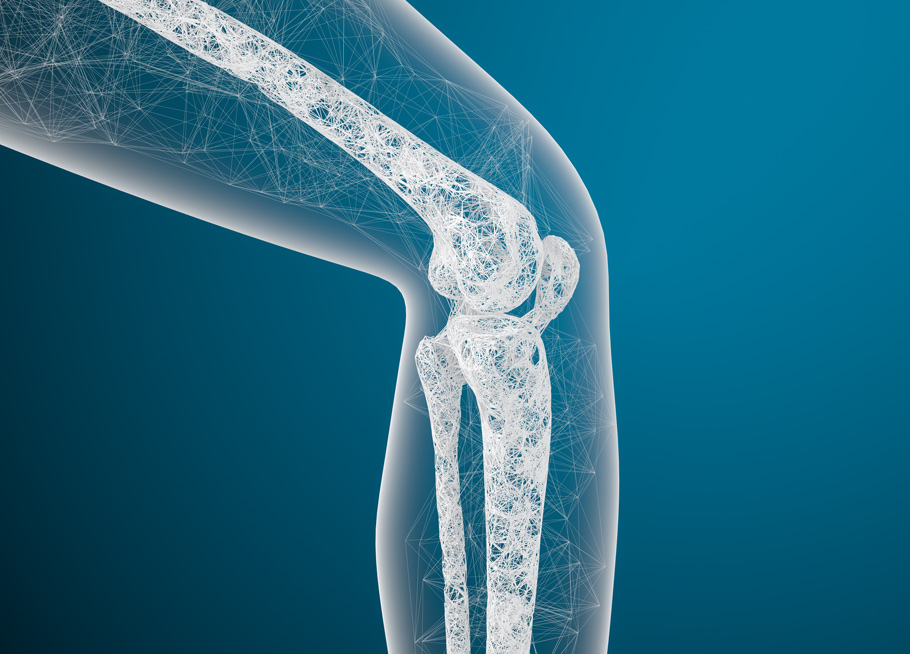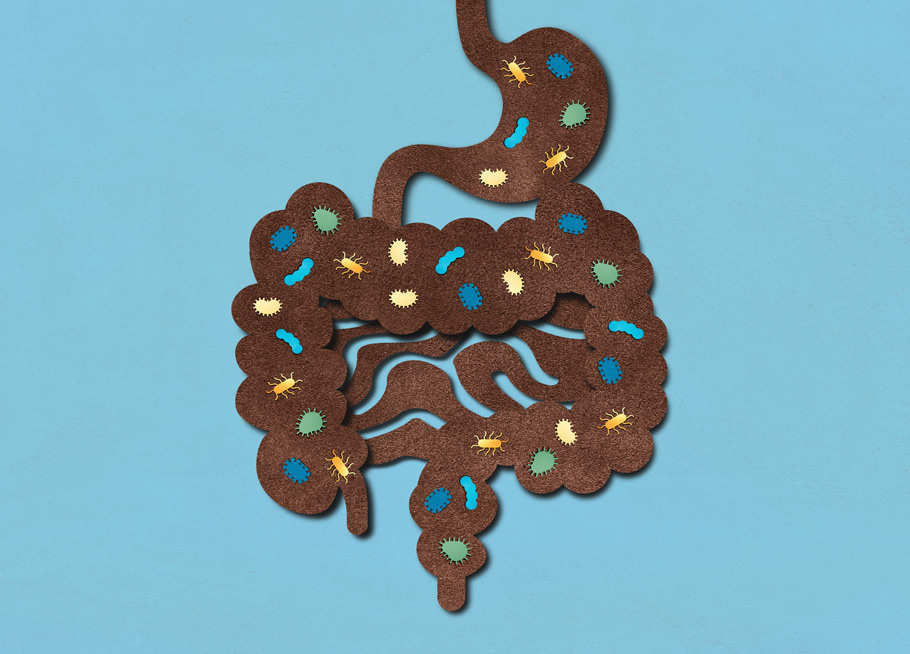
With the number of physically active (150 minutes or more of exercise per week) people in the UK increasing since 2020, and the number of cases of arthritis also on the rise, you may worry that arthritis and high impact exercise are linked, or that exercise can exacerbate joint pain. However, exercising in moderation is generally beneficial for your joints. This includes all forms of exercise – even high impact, or “weight-bearing”, activities, which include running, skipping, box jumps and burpees, and sports such as football, rugby, tennis, skiing and gymnastics.
Arthritis And High Impact Exercise: Are There Any Benefits?
Weight-bearing exercises can be beneficial for joint health as they stimulate and fortify the cartilage – the tissue that sits between joints – protecting your bones from rubbing against each other. In addition, these exercises can help enhance bone mineral density, which is particularly important in preventing osteoporosis.
Other benefits of undertaking regular weight-bearing exercises include:
- Better cardiovascular health
- Healthy weight loss
- Strengthened muscles around the joints
- Better joint lubrication
- Improved circulation of nutrients to the joints
- Reduced inflammation
- Increased flexibility
- Prolonged vigour with age (providing regular exercise is maintained)
When performed in moderation, weight-bearing exercises can actually strengthen the joints. However, excessive activity can increase wear and tear on the joints, in some cases leading to osteoarthritis.
What Is Considered Excessive Exercise?
This varies from person to person. If you are exercising or taking part in a sport, and you find that you are so fatigued in the days following that it impacts your daily activities, or you find yourself in any pain that is abnormal, you may be exercising to excess.
When approaching a new form of high impact exercise, it is important to start off slowly, especially with activities like running. Try gradually increasing the intensity and duration of the exercise to allow your muscles, particularly around the knees and in the legs, to strengthen and protect your joints.
In addition, proper protective equipment and clothing is essential when taking part in any high impact exercise. For example, when running, good footwear that has been correctly selected for your gait and the size of your feet can significantly reduce the stress on your joints, preventing injuries that may arise from improper support.
How To Decrease Stress On Your Joints When Exercising
Avoiding excessive exercise is one way to protect your joints against wear and tear, but there are also other precautions you can take, including:
- Varying your exercise regime: A varied exercise regime is crucial for maintaining joint health. Pairing weight-bearing with non-weight bearing exercises, such as swimming, cycling or using an elliptical machine, can provide comprehensive benefits, not only for the joints but the rest of the body. Swimming, in particular, is excellent as a low impact exercise as it builds strength, improves cardiovascular health, and is gentle on the joints.
- Stretching and mobility exercises: Stretching is essential for joint flexibility and improving range of movement. It improves muscular function, as well as activating the tendons and ligaments around your joints, reducing tightness and tension. Incorporating stretching before and after weight-bearing exercises can help prevent injuries and prolong physical ability as you age.
Managing Joint Pain As A Sportsperson
The more high impact activity you undertake without appropriate recovery, rehabilitation and complementary mobility-focused exercises, the more risk of joint pain or injury. If you are a sportsperson, whether professional or amateur, you should ensure that you are taking steps outside of your sporting activities to care for your joint health. This may include:
- Working with a physiotherapist (ideally specialising in your sport) who can help you find the right techniques to put less strain on your joints
- Eating a balanced diet rich in anti-inflammatory, nutrient-rich foods
- Taking vitamin D supplements if you are deficient
- Reducing the intensity of your activity or switching to non-weight-bearing alternatives if you begin to feel pain in your joints
- Seeing a consultant rheumatologist if your pain does not go away with a change in your activity
Should You Exercise If You Have Arthritis?
Yes, though the type of exercise you engage in should be appropriate for the type of arthritis you have. For example, if you have osteoarthritis in your knees and hips, you should take up more non-weight-bearing exercises than weight-bearing, and if you feel pain when undertaking certain weight-bearing exercises, you should avoid them.
When arthritic joints feel stiff or painful, the last thing you may want to do is move around. However, those with arthritis should do some form of regular exercise to help improve their joint health and strengthen the tissues around the joints.
Why A Holistic Approach To Joint Health Is Important
Exercise should be a part of a holistic approach to joint health. This includes managing stress, maintaining a balanced diet, and ensuring good quality and quantity of sleep. All of these elements are linked: a regular exercise regime can improve stress and sleep, and in turn will benefit from good sleep and a balanced diet. When combined, they can help you maintain healthy joints, as well as improve your overall physical health.
As with any health-related activity, the key is to exercise in moderation. Arthritis and high impact exercise are linked if you are exercising to excess, so these activities should be paired with non-weight-bearing activities to help alleviate strain on your joints. But, if in doubt, any exercise is beneficial to your overall health. If you are having joint problems that do not go away with a break from high impact exercise, especially pain in multiple joints, speak to a Consultant Rheumatologist to find the root of the issue. Contact Dr Naveen Bhadauria on 0207 126 7264 or visit our contact page for more details.
Article by Dr. Naveen Bhadauria



